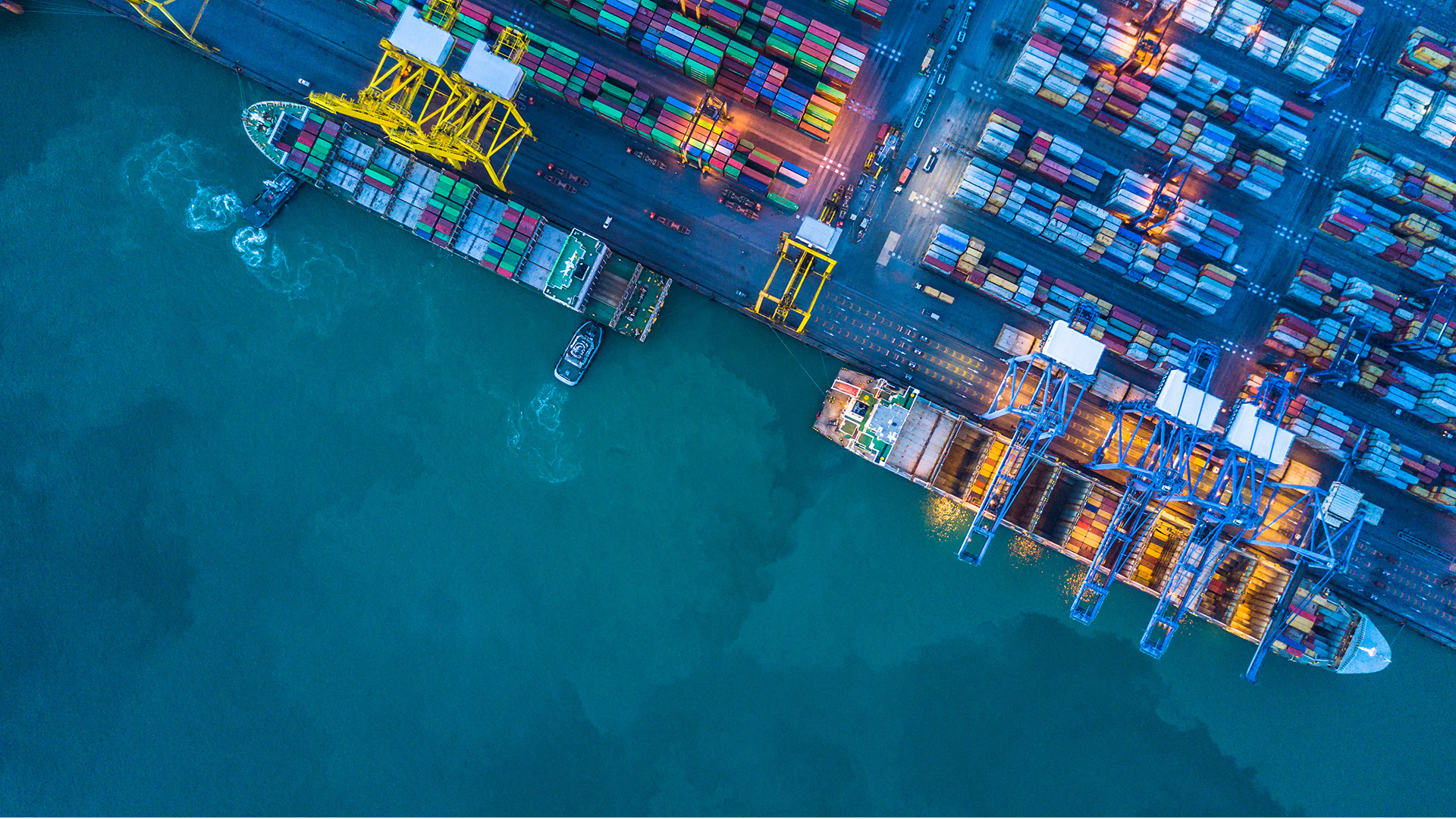Publication
The robots are coming … is insurance ready for AI?
The insurance industry is founded on predicting, as accurately as possible, whether or not a risk will materialise in a fast-moving competitive environment.


Author:
Canada | Publication | March 29, 2020 - 12 PM ET
All of Canada’s ports are currently operating with accommodations being made because of the COVID-19 pandemic. Canada recognizes that the marine transportation industry is vital to provide food, medicine and other essential products to support the well-being of its citizens.
Transport Canada has issued several Safety Bulletins changing procedures in light of COVID-19 that are designed to allow cargo to continue to move and to facilitate international crew changes.
It has deemed deep-sea crew members to be essential international travelers and has exempted them from restrictions on air travel by foreigners entering the country, thus allowing regular crew changes to take place as long as the seafarer has appropriate documentation, and if required, a visa. It is allowing normal shore leave for crew members unless the crew member shows signs of the COVID-19 virus. Transport Canada has requested that ports and terminals not impede shore leave.
To promote safety, foreign vessels have an obligation to report on the health of their crews to Transport Canada 96 hours in advance of arriving in Canada and then an ongoing obligation to report if the health of their crews changes. The public health authorities will then work with the vessel to assess the health of the seafarer and whether COVID-19 might be indicated.
Transport Canada has also extended all Canadian marine personnel certificates due to expire between now and September for six months from the date of expiry. The individual seafarer does not need to make any application, as the extension happens automatically.
On the West Coast, the Pacific Pilotage Authority has issued a directive to industry concerning the steps ships must take to make it safe for a pilot to board. The PPA and the BC Coast Pilots are committed to keeping the marine supply chain moving notwithstanding increasing difficulties in travelling to northern BC to meet ships.
The Canadian Food Inspection Agency is requiring a separate launch for its personnel going on board ships at anchor so that a two-meter social distance may be maintained for its inspectors. CFIA inspectors conduct required inspections of grain ships and Asian gypsy moths inspections if the ship arrives uncertified.
Ships are still bunkering in Vancouver, though for the moment there is no requirement that the crew of the bunkering vessel board the receiving vessel.
The situation is fluid but for the time being Canadian ports remain open and committed to moving cargo and accommodating the well-being and movement of international crew.
Publication
The insurance industry is founded on predicting, as accurately as possible, whether or not a risk will materialise in a fast-moving competitive environment.
Subscribe and stay up to date with the latest legal news, information and events . . .
© Norton Rose Fulbright LLP 2023